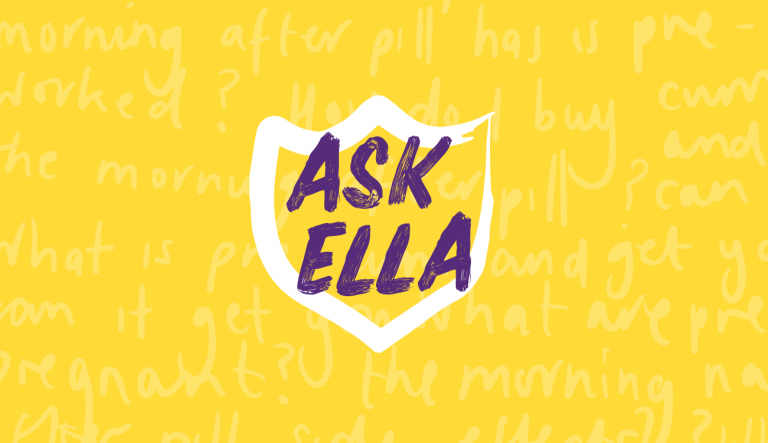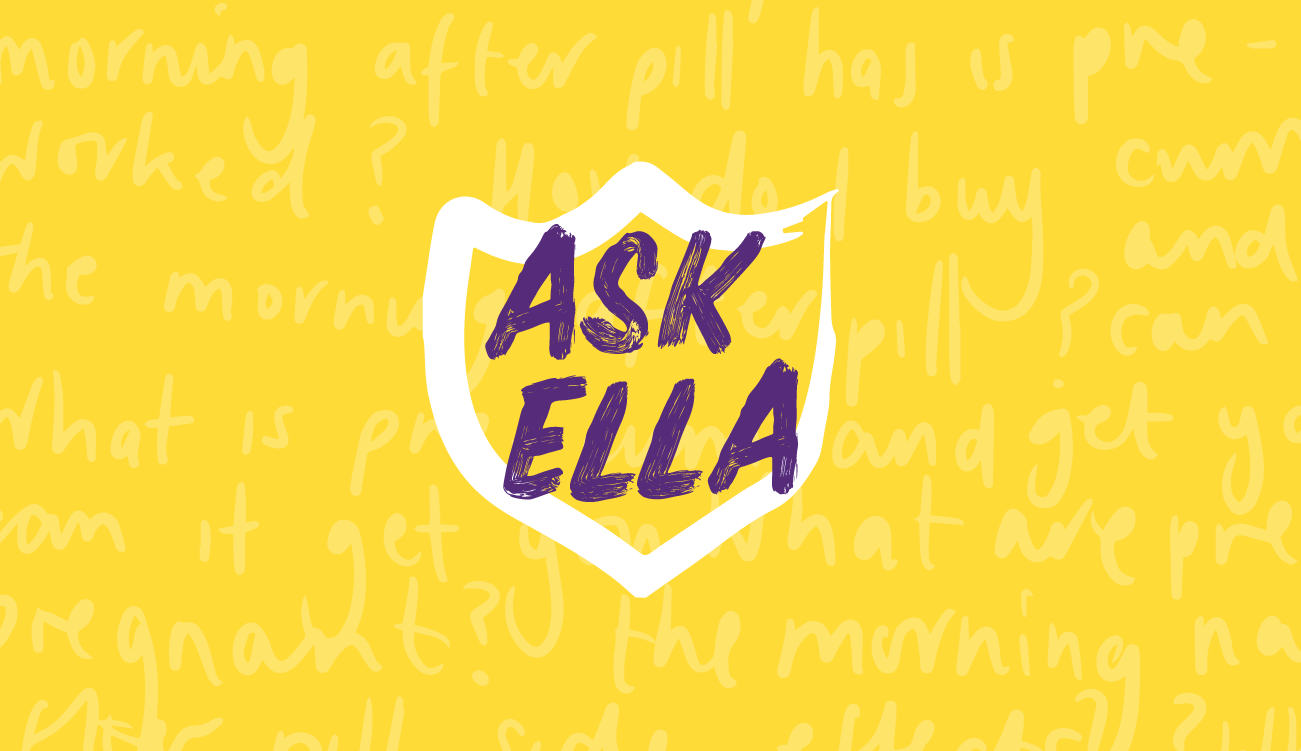Let’s be honest: sex isn’t just (or even often) about having babies. If you want to avoid an unplanned pregnancy without going down the abstinence route, you should use a reliable form of contraception. We spoke to Bethany Fawcett^, a contraceptive and sexual health nurse from Brook, the young people’s sexual health and wellbeing charity, to find out more about the most effective contraception methods.
How To Find The Right Contraception Method For You
There is no one size fits all when it comes to contraception. Some people love the pill, others swear by the IUD and many people are happy with condoms, so knowing which methods are out there can help you make the right choice for you.
“There are 15 methods of contraception available, so we would recommend doing some initial research to identify which might be best suited to you,” says Bethany, “things to take into consideration are whether you want hormonal or non-hormonal contraception, whether you want a method you only use when you have sex or whether you want something to also help with heavy periods.”
“As part of a consultation, your healthcare professional will ask whether you are on any other kind of medication, as this may affect which contraceptive methods are available to you,” she continues. “You may try one method and find that it isn’t working for you. If this happens, make another appointment with your sexual health service or GP and they will support you to find something that you are happy with.”
Long-acting reversible contraceptives (LARCS)
Long-acting reversible contraceptive methods are forms of birth control which, after they are put into your body, can be effective for a number of years without you having to do anything. These can be a good option for people who don’t want to worry about missing their pill or forgetting to use a condom.
“Long-acting reversible methods of contraception (LARCs) are most effective at preventing pregnancy as you don’t have to remember to take them every day,” says Bethany, “LARC methods include the implant, injection, IUD (Intrauterine device) and IUS (Intrauterine system). The implant, IUD and IUS are all more than 99% effective, with the injection ranging from 94-99%.”
“Different types of contraceptives may be better suited to different people, depending on their needs,” she continues, “in terms of preventing pregnancy, LARCs are more effective than short-term options because there is no risk of ‘user failure’ lowering their effectiveness. User failure for the pill could include forgetting to take it, being sick or having severe diarrhoea. However, the pill is still over 90% effective with typical use and may be more suitable for some people.”
The IUD is also an effective method of emergency contraception and can be fitted up to five days after unprotected sex or contraceptive failure. It’s important to remember that LARCS will not protect you from sexually transmitted infections, so you should still use condoms with new partners.
The Pill
There are two main forms of birth control pills: the progesterone-only pill (POP) and the combined pill which contains both progesterone and oestrogen. The combined pill is normally taken for 21 days, after which there is a 7-day ‘break’ where you will have a ‘withdrawl bleed’ (a period, basically). When taken correctly, the combined pill is over 99% effective.
The progesterone-only pill mainly works by thickening the mucus in the cervix to prevent sperm from getting through and fertilising an egg. Unlike the combined pill, POP is taken continuously for 28 days with no pill break – which means no periods!
There are two types of POP: both pills need to be taken at the same time every day, but if you miss the traditional pill by more than three hours it may be less effective, whereas the desogestrel containing POP is still effective as long as you take it within 12 hours of the regular time. When taken correctly, POP is over 99% effective.
Birth control pills do not interrupt sex, they are very effective when taken correctly and they can be prescribed to help painful periods and acne. Different birth control pills work for different people, so if your current pill is giving you side effects or worsening your quality of life it’s okay to go back to your doctor and ask to try something else.
It’s also important to remember that the pill does not protect you from sexually transmitted infections, so it’s best to use condoms when having sex with a new partner.
Condoms
When worn correctly, our little rubber friends are 98% effective for preventing pregnancy. Condoms are also the only contraceptive method that also protects you from sexually transmitted infections (STIs), so you should always use them with new partners if you’re not sure about their status.
“Barrier methods such as male or female (internal) condoms are the only effective way to prevent transmission of STIs, as well as pregnancy,” says Bethany, “if you are using another contraceptive method to prevent pregnancy (like a pill or an LARC), you can still use condoms alongside this. If you have unprotected sex or the condom breaks or comes off, it is important to get tested to check whether you have an STI.”
Sterilisation
If you don’t want to have children, or already have children and don’t want any more, then female sterilisation is a medical procedure where the fallopian tubes are blocked or sealed to prevent sperm from reaching the egg so no pregnancy takes place. Sterilisation is hard to reverse, so it’s important you are sure you won’t want to get pregnant later in life. Sterilisation does not protect you from STIs, so you should still use condoms with new partners.
The Morning After Pill
If your regular form of contraception fails, or if you get caught up in the moment and forget to use anything altogether, then you may consider using a form of emergency contraception to help avoid unplanned pregnancy.
There are two types of hormonal emergency contraception (also known as the morning-after pill) in the UK. One contains ulipristal acetate, the main ingredient in ellaOne, and the other contains levonorgestrel.
Ulipristal acetate is 2.5x more effective than levonorgestrel* and can be taken up to five days after unprotected sex, whereas levonorgestrel is effective for up to three days. Both morning-after pills work by delaying ovulation, so no egg is released and it, therefore, cannot fuse with the sperm and turn into a potential pregnancy. The morning after pill cannot terminate an existing pregnancy.
The morning after pill can make some forms of birth control less effective, so if you take emergency contraception you should use a barrier method such as condoms on top of your regular contraception until your next period.
Emergency contraception can only help protect you from a single incident of unprotected sex and cannot be used as a regular method of birth control. The IUD (copper coil) is a non-hormonal long-lasting form of contraception which also works as an emergency contraceptive if fitted within five days of unprotected sex.
*For verification please visit: ellaone.co.uk/verify/
^The healthcare professionals in this article do not endorse any products or brands.
ellaOne® 30mg film-coated tablet contains ulipristal acetate and is indicated for emergency contraception within 120 hours (5 days) of unprotected sex or contraceptive failure. Always read the label.






